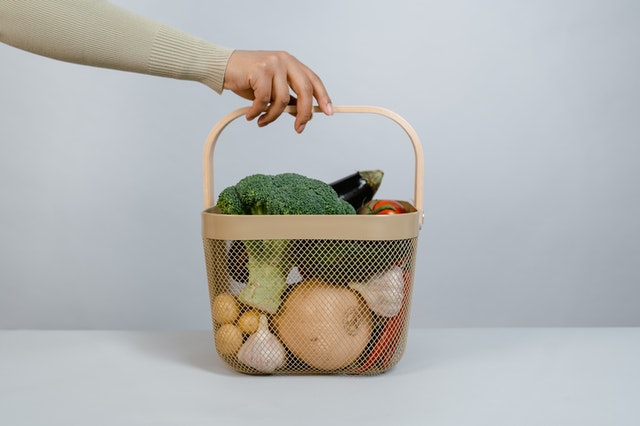Food cooked, canned, frozen, pasteurized, or packed is considered processed food. Many processed foods, such as frozen fruits, canned vegetables, and pasteurized dairy products, are acceptable as parts of a balanced diet. However, excessive salt, sugar, chemicals, and preservatives in some highly processed foods can be harmful to your health. Therefore, one of the best strategies to improve your health and the quality of your diet is to cut back on these highly processed foods.
Here, we’ve given you six practical tips for reducing processed food consumption.
- Keep healthy snacks on hand
It could be tempting to grab a prepackaged lunch if you run out of time. However, making healthy decisions on the go may be made much easier by having your kitchen well-stocked with various portable, nutrient-dense snacks. Some favorite healthy snacks are fresh fruit, mixed nuts, and vegetables with hummus.
You can prepare some specific snacks in advance if you have additional time. Some snacks you can quickly prepare and save for later are hard-boiled eggs, turkey roll-ups, homemade kale chips, and overnight oats.
- Swap refined grains for whole grains
Start substituting healthier whole foods for processed ones, especially refined grains like white pasta, rice, bread, and tortillas, for whole grain alternatives like brown rice and whole grain pasta, bread, and tortillas.
Whole grains are protective against diseases including heart disease, diabetes, and some types of cancer, in addition to being higher in essential nutrients like fiber.
- Drink more water
Sugary drinks with a few vital elements, such as soda, sweet tea, fruit juice, and sports drinks, are heavy in calories and sugar. Therefore, it’s a fantastic idea to gradually replace these beverages with water throughout the day to reduce your consumption of processed foods and enhance the quality of your diet as a whole.
- Try meal prepping
You can also prepare some food once or twice a week so that you always have plenty of nutritious meals on hand in the fridge, even if you’re too busy to cook.
Additionally, it can significantly reduce your relay on frozen convenience foods when you’re pushed for time. Set a particular time to prepare your meals and choose a few dishes to make each week to start.
- Eat more vegetables
Include at least one serving of veggies when you prepare meals at home to enhance your consumption of wholesome, unprocessed foods. The strong nutritional value and high fiber content of vegetables help you feel full between meals, reducing appetite and curb cravings.
- Eat less processed meat
The International Agency for Research on Cancer has classed processed meats like hot dogs, bacon, sausage, and lunch meat as hazardous. However, many simple strategies exist to reduce your consumption of processed meat.
To start, you can replace these items with less processed meats like fresh chicken, fish, or turkey. In addition, other sandwich ingredients, such as hard-boiled eggs, chicken breasts, or tuna salad, can be used in place of packaged lunch meats. You can also increase your intake of plant-based proteins like tofu, tempeh, and beans.
Final Words
A healthy diet can include many processed foods, but you should avoid those heavy in sodium, sugar, chemicals, and preservatives. Instead, try a few of the suggestions in this article to see what works for you, and keep in mind that gradual improvements will yield the best outcomes.

